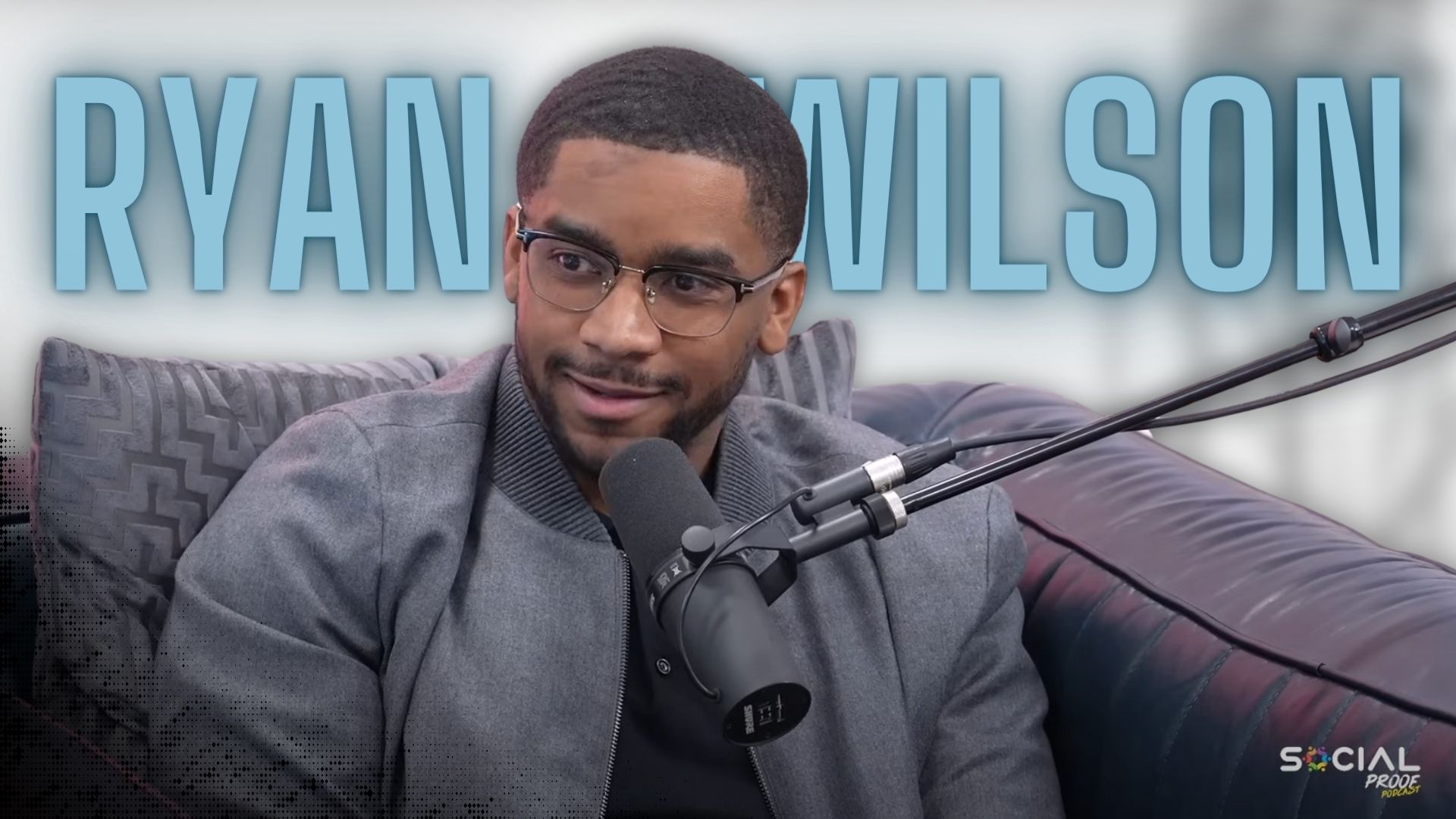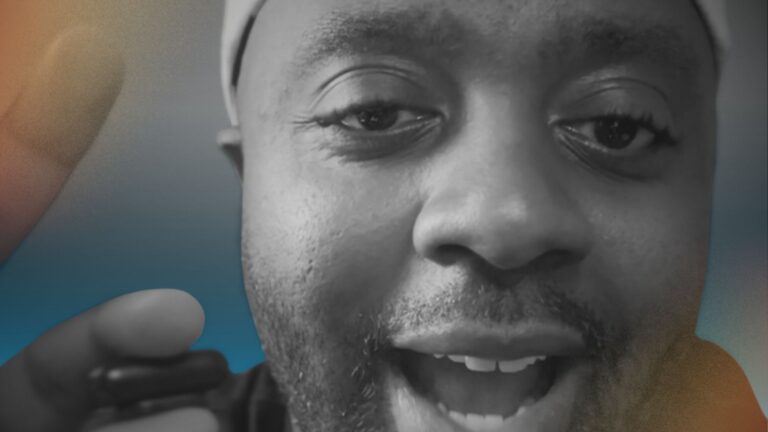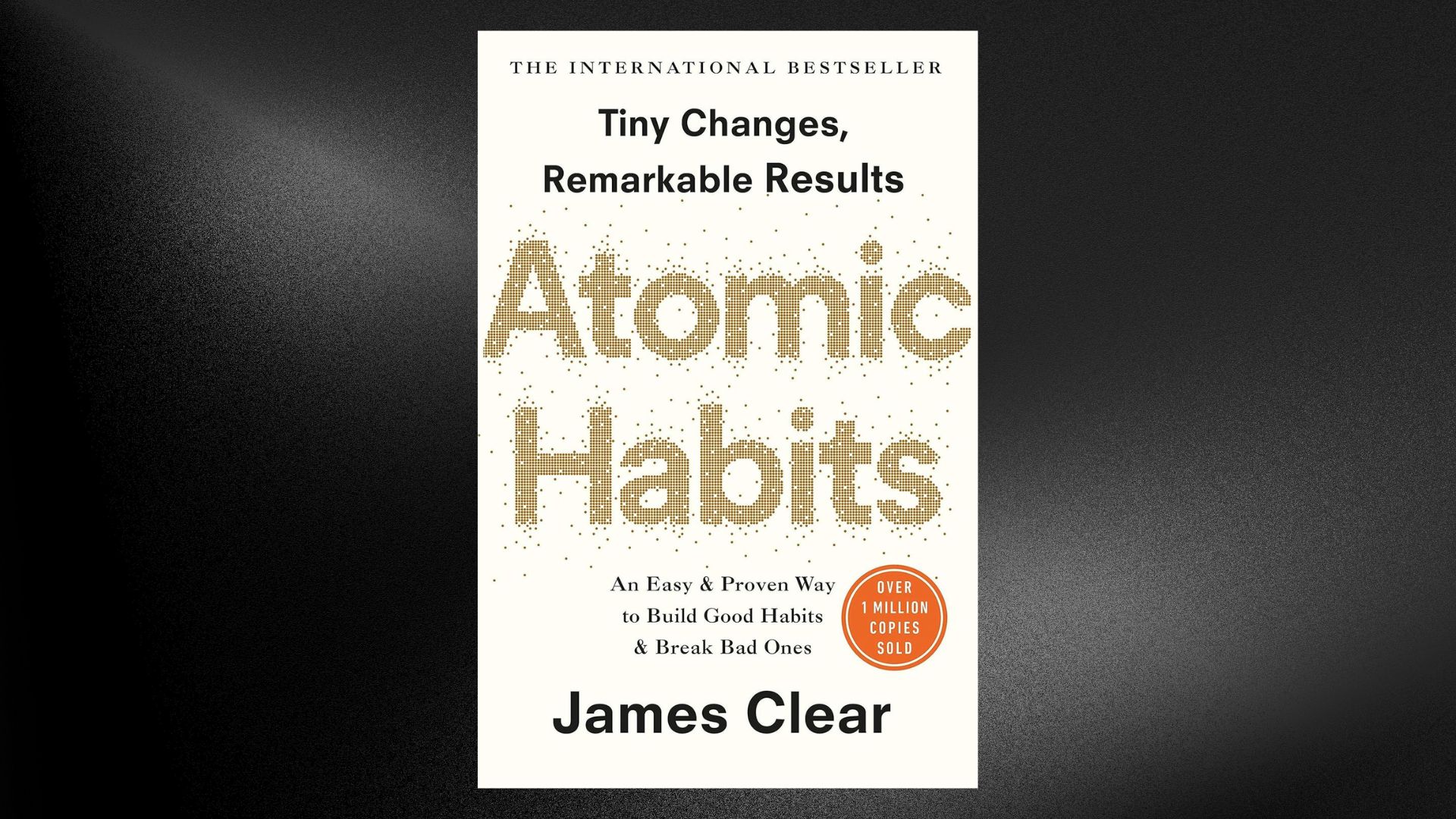
Ryan Wilson recently shared profound insights on the Social Proof podcast. In case you don’t know who Ryan Wilson is, he’s the visionary CEO and Co-founder of The Gathering Spot (TGS), a dynamic co-working and networking hub, redefining the art of connection.
The flagship location is based in Atlanta, and I’ve had the pleasure of working from there a few times as a plus one. The space is incredible, the people are next level, and the food – my God! Legend has it, the Chef’s macaroni and cheese recipe is in the Smithsonian.
TGS currently has locations in Atlanta, Washington, D.C., and Los Angeles. They also have a connected cities initiative, which gathers TGS members in Chicago, Detroit, Houston, New York City, and Charlotte in various locations across those respective locations until a physical TGS location is built.
Wilson’s entrepreneurial journey began at just 24, raising capital to launch the Atlanta club. By 2022, The Gathering Spot’s acquisition by Greenwood, a financial technology company, marked a pivotal moment, bringing together a combined community of more than 1 million people nationwide.
Notably, Wilson and his co-founder, TGS Chief Financial Officer TK Peterson, reacquired the club in 2023 along with their original investors after a very public legal battle. But beyond the young co-founder’s entrepreneurial success, Wilson actively engages with Atlanta’s civic and community organizations, solidifying his impact as a leader with a vision for inclusive collaboration.
RELATED: From the ground up, I did a thing this week.
The inception of The Gathering Spot:
Hailing from Atlanta, Georgia, Wilson’s aspirations of becoming a lawyer led him to law school at Georgetown in Washinton, D.C., where he engaged in organizing and community work. Returning to Atlanta between his first and second years of law school in 2013, Wilson found himself disillusioned despite achieving his lifelong dream.
The summer coincided with George Zimmerman’s trial for Trayvon Martin’s murder, captivating Wilson’s attention as he followed the real-time proceedings. He was so committed to streaming coverage in real-time that it led to inquiries from the IT department to understand his extensive internet usage.
Following Zimmerman’s acquittal, Wilson, like many others, engaged in conversations to process the event. Motivated to take action, he envisioned a physical space for these discussions, recognizing the absence of such spaces. His experiences with more traditional clubs, be it country clouds or city clubs, had a recurring theme. They weren’t designed for people like him in mind: young and Black.
Wilson concluded that there was a gap in the market, and he had the idea that could fill it. His next step was to share his embryonic concept with his roommate, who would soon become his co-founder, leveraging Peterson’s expertise as a finance and accounting double major to shape the business model for what would become TGS.
#1: One meaningful step each day
The collaboration between Wilson and Peterson brings us to the first takeaway. They would meet every night to take a meaningful step every day to transform their idea into reality. There was obviously so much ground to cover, creating something that didn’t exist, especially for the audience he was looking to serve. However, they remained disciplined and focused on taking on this massive endeavor one step at a time, realizing they would have to learn as they went.
#2: Be specific when approaching mentors and advisors
By 2015, Wilson had graduated law school, declined a job offer to pursue this dream full-time, and packed up his and TK’s car to head back to Atlanta. The initial challenge was assembling a team with expertise in various facets crucial to The Gathering Spot’s success.
Describing how he was able to build his team of advisors and early investors leads us to another takeaway. Wilson stressed the importance of specificity when seeking advice as an entrepreneur. The “pick your brain” approach is ineffective; instead, posing pointed questions to industry experts garners more valuable insights.
Wilson contends that experts are more willing to share with you about the thing they are passionate about if you have a specific, pointed question.
RELATED: Go for it: Inspiring advice from Van Jones on pursuing your dreams
#3: Never waste a “no”
Before securing investors, the TGS co-founders encountered 97 rejections. “I didn’t know 97 people,” Wilson explains. “I would pitch to you. You would be like, ‘no.’ And I would say, ‘Okay, do you have anybody else you can refer me to?’”
Persistence played a pivotal role as they turned each “no” into an opportunity by asking for referrals, the next takeaway I noted. Wilson also explained that he refined his pitch. By the time he made it through nearly the first half of investors who passed, he landed on the importance of showcasing a clear return on investment to potential backers.
The essential strategy he honed involved a clear transactional approach: if you invest “X,” I’ll deliver “Y” within a specified timeframe. While the narrative of passion and impact was important to communicate, it was crucial to articulate a well-defined plan for generating a return on the investor’s commitment.
#4: Find the “crack in the market”
Acknowledging that some investors initially didn’t grasp the concept, Wilson likened it to his own apprehension about groundbreaking ideas like Airbnb and Uber. He paints the picture that truly innovative ideas won’t be widely accepted. In fact, they might “stress out” potential investors.
In essence, a founder’s pursuit of differentiation in the marketplace may unsettle some individuals, but it is precisely this discomfort that signals you are on the right track. Ultimately, founders who dare to think big and push boundaries are the ones who catalyze innovation and reshape entire industries.
#5: Remember, small ideas keep you small:
The next takeaway comes from Ryan’s father. Wilson reflects on the significant underestimation of the project’s initial cost projections. Originally anticipating the need for around $1 million to realize their idea, the first round of fundraising surpassed this figure by more than three times.
In a pivotal conversation with his father, Wilson recalls a crucial piece of advice: “Small ideas will keep you small. You have to fight for the best possible version of your idea.” This insight underscores the importance of pursuing ambitious visions and striving for excellence in order to break free from limitations imposed by smaller-scale thinking.
#6: Don’t forget passion as a driving force
Investors, without a doubt, seek a tangible manifestation of passion to instill confidence in the potential returns on their investments. It’s imperative to have a crystal-clear understanding of what truly fuels your passion. Wilson says, “When it comes to what I do…this is a full-contact sport for me.” Making it very clear her is not glamorizing hustle culture, he also acknowledged the reasoning behind this mindset. In order to scale a company, founders require a deep-seated commitment to do what it takes to make the business a success.
In a candid acknowledgment, Wilson admits that his version of entrepreneurship deviates from the stereotypical optimistic portrayal in mainstream culture. This isn’t a glossy, feel-good narrative; instead, it delves into the grittier, more challenging aspects of the entrepreneurial journey. The rallying cry is clear: if you’re going to do it, do it with an unwavering commitment to pushing the boundaries – no matter what it takes.
If you are reading this far…
I hope this message finds you well. I’m sharing from my heart in hopes that you will be inspired to unearth and live out your God-given purpose. Hopefully, something I said resonated. I would love to hear from you if so. Please feel free to reach out to me on social media. FYI: I’m mostly active on Instagram these days. You can also subscribe to my mailing list to receive thoughts like this directly in your inbox or check out the latest episode of my podcast, ConvoRoom with Mark Allen Patterson, for more conversation.





